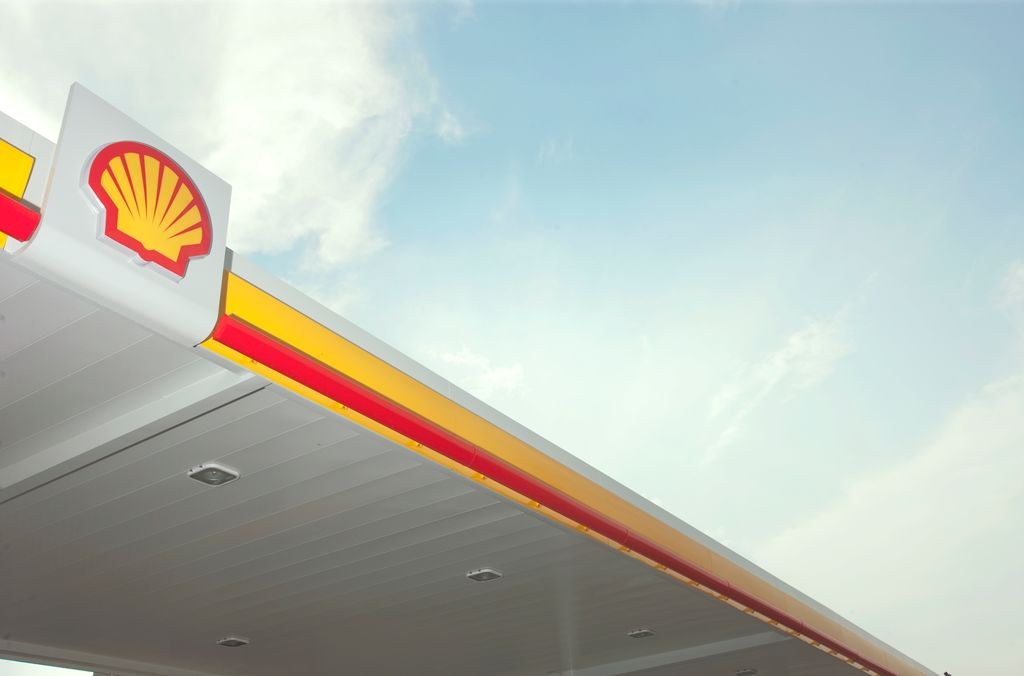The Labour Party has once again called for a windfall tax on north sea oil and gas producers as Shell releases financial results for “momentous” 2021.
The oil and gas major saw its adjusted earnings jump by 298%, from £3.6 billion (US$4.8 billion) in 2020 to £14.2 billion (US$19.3 billion) 2021.
This was largely due to a surge in earnings in the final quarter of last year as the energy crisis began to take shape. Shell’s Q4 2021 earnings sat at £4.7 billion, in comparison to £290 million (US$393 million) in the same quarter the previous year.
The company said higher earnings in Q4 – when compared to Q3 when they sat at £3 billion, still a sizable increase on 2020 – were due to higher contributions from the trading and optimisation of liquid natural gas (LNG), and higher realised oil, gas and LNG prices.
Shell’s CEO Ben van Beurden called 2021 “momentous” for the company, adding: “We delivered very strong financial performance in 2021, and our financial strength and discipline underpin the transformation of our company.
“Today we are stepping up our distributions with the announcement of an $8.5 billion share buyback programme and we expect to increase our dividend per share by around 4% for Q1 2022.”
But the surge in earning driven by high commodity prices have led Labour’s shadow climate and net zero secretary Ed Miliband to once again call for a windfall tax on oil and gas companies to help manage the energy crisis.
Writing on Twitter, Miliband said: “With oil + gas profits booming in recent months, a windfall tax on North Sea oil + gas profits is the right thing to do.
“It will tell you all you need to know about where government stands if it again rejects this proposal which could help the British people through this crisis.”
In January, the Labour party called for the one-off tax, which could be used to reduce Britain’s reliance on imported gas by accelerating home-grown renewables and new nuclear, to rollout retrofit measures for 19 million homes that could save households on average £400 a year on bills and regulate the market better to help prevent the supplier failures seen over the last year, as well as providing support for the squeezed middle, pensioners and the lowest earners, who could benefit from up to £600 off bills, the party said.
Last year, gas prices surged by around 500% in Europe, leading both gas and electricity prices to hit record highs. While customers so far in Britain have been largely protected from this due to this price cap, Ofgem is due to announce the new level of the price cap today (3 February), which is expected to be around 50% higher than the previous level.
There is concern that without intervention this new level – which will see energy bills reach nearly £2,000 – will see the number of households in Britain in fuel poverty reach more than 6 million.
As well as Labour’s call for a windfall tax on oil and gas majors who have profited from the high commodity prices, it has also called for a short-term cut to VAT.
Shell saw its cash flow from operations (CFFO) excluding working capital hit £8.2 billion in Q4 2021, with total CFFO excluding working capital coming to £41 billion in 2021. This is up from £21.8 billion billion in 2020.
Its net debt fell to £38.38 billion, a drop of £17 billion compared with 2020. And it announced share buybacks of £2.6 billion in 2021, with its dividend expected to increase by ~4% to £0.18 ($0.25) per share for Q1 2022.





